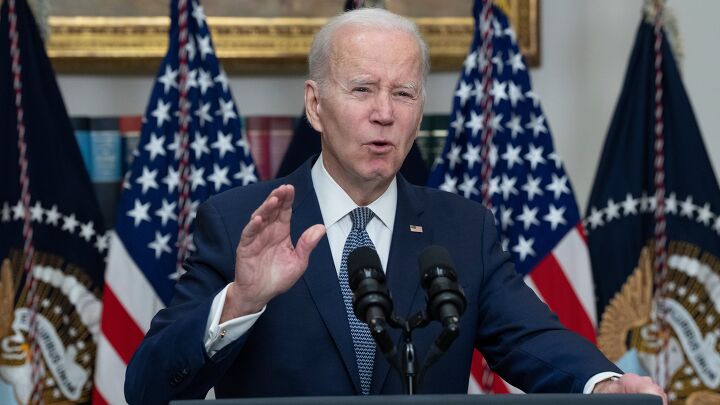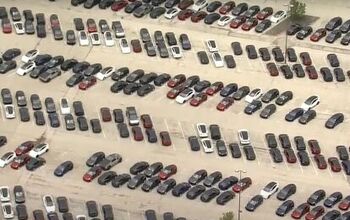Tariffs On Chinese EVs Now Exceed 100 Percent

It’s no secret that Chinese automakers are rapidly expanding into international markets, but the U.S. is determined to make it as difficult as possible for them to gain a foothold here. President Biden recently announced sharp tariff increases on Chinese goods that range from consumer electronics to EVs, pushing the country’s government to promise retaliatory measures.
EV tariffs now extend past 100 percent, with the White House claiming that they represent “unacceptable risks” to the U.S. economy. Chinese automakers enjoy strong government backing and subsidies that make it possible to see vehicles for very little to no profit.
The U.S. exports far fewer goods to China than it receives, but officials here worry that underpriced Chinese vehicles and other products flooding the market would have a significant negative impact on American businesses.
Tariffs on electric vehicles are now 102.5 percent, and duties on some raw battery materials are as high as 50 percent. The changes in the federal EV tax credit rules enacted at the beginning of 2024 also incentivize non-Chinese materials and domestic production.
These new rules may prevent China from taking over the U.S. auto market in the short term, but they won’t do anything to make EVs from existing brands any more affordable or desirable. Beyond being cheap, many Chinese EVs have more compelling tech and features than anything we see here, and preventing new competition in the U.S. is not a good way to spur innovation.
[Image: Consolidated News Photos via Shutterstock]
Become a TTAC insider. Get the latest news, features, TTAC takes, and everything else that gets to the truth about cars first by subscribing to our newsletter.

Chris grew up in, under, and around cars, but took the long way around to becoming an automotive writer. After a career in technology consulting and a trip through business school, Chris began writing about the automotive industry as a way to reconnect with his passion and get behind the wheel of a new car every week. He focuses on taking complex industry stories and making them digestible by any reader. Just don’t expect him to stay away from high-mileage Porsches.
More by Chris Teague


































Comments
Join the conversation
"Tariffs are paid by the customer, not the entities the tariffs are enacted against. Unless they are enacted by a politician of my chosen party. Then they function as intended and are good, sound policy."
-A bunch of posters here
Yeah with all the friggin problems these things have, last thing we need is more of these things messing up and clogging the roads
Well I guess that will be the final nail in the Mini EV's coffin here. It was already not especially competitive, had no range and was way overpriced for what you get, but I like to get stuff like that used and well depreciated on occcasion though I likely would have passed anyway due to the Chinese manufacture.
Here's a crazy thought - what if China decides to fully underwrite the 102.5% tariff?